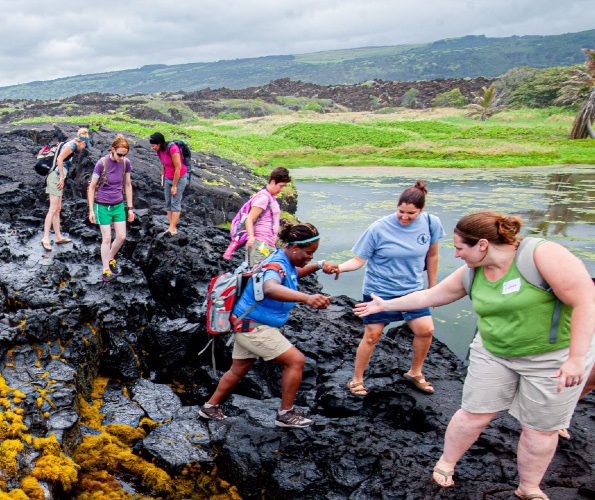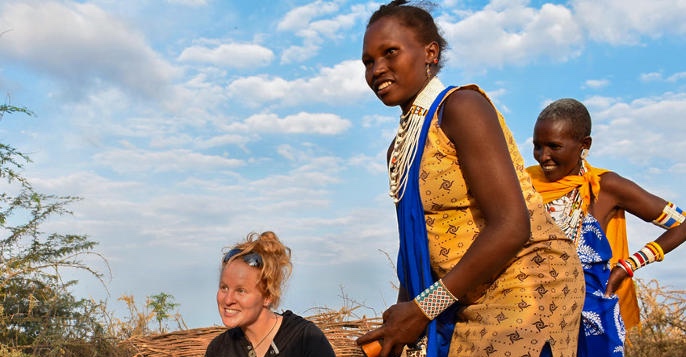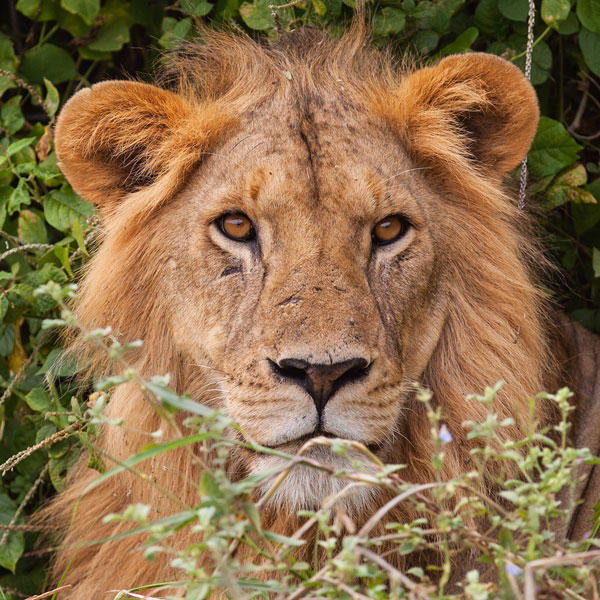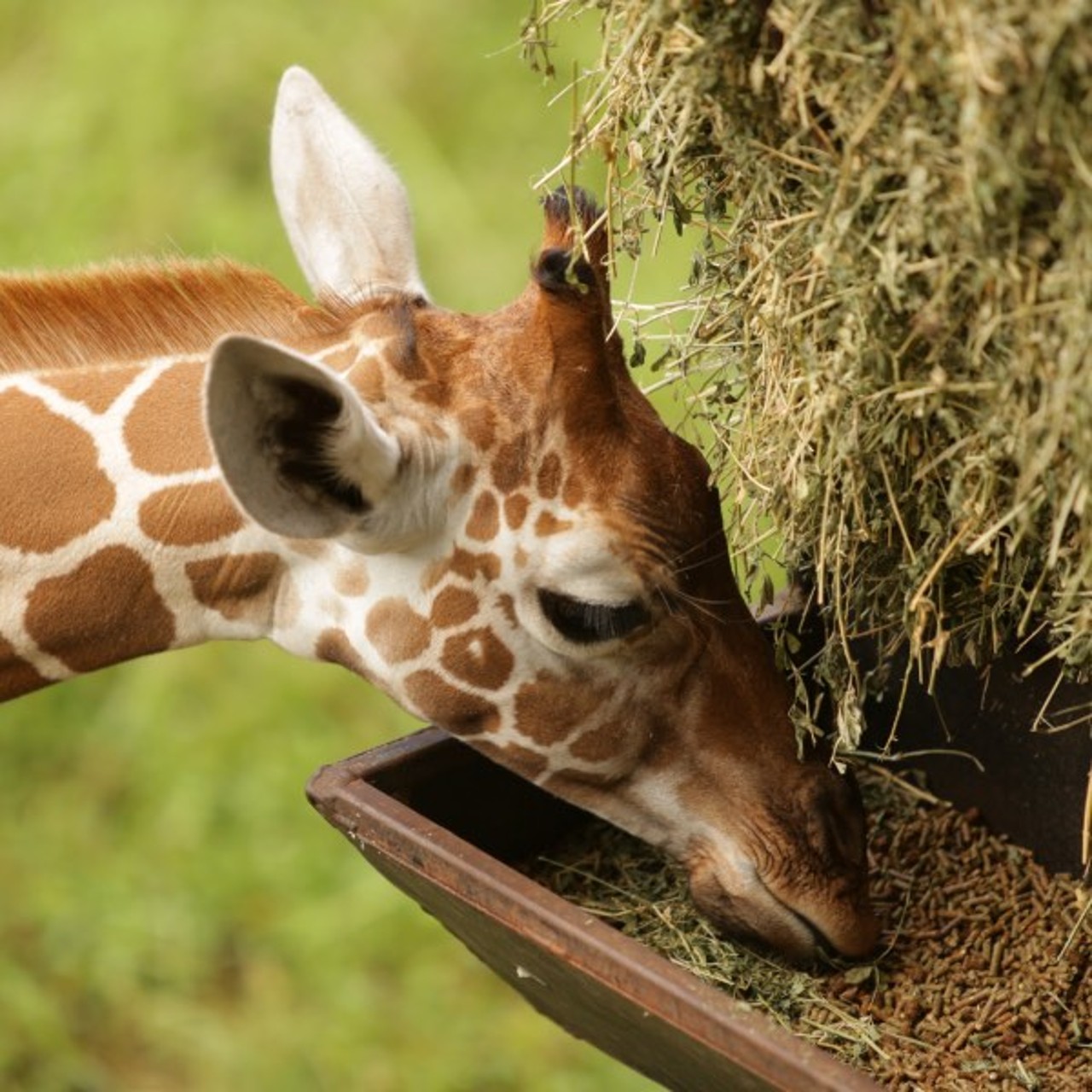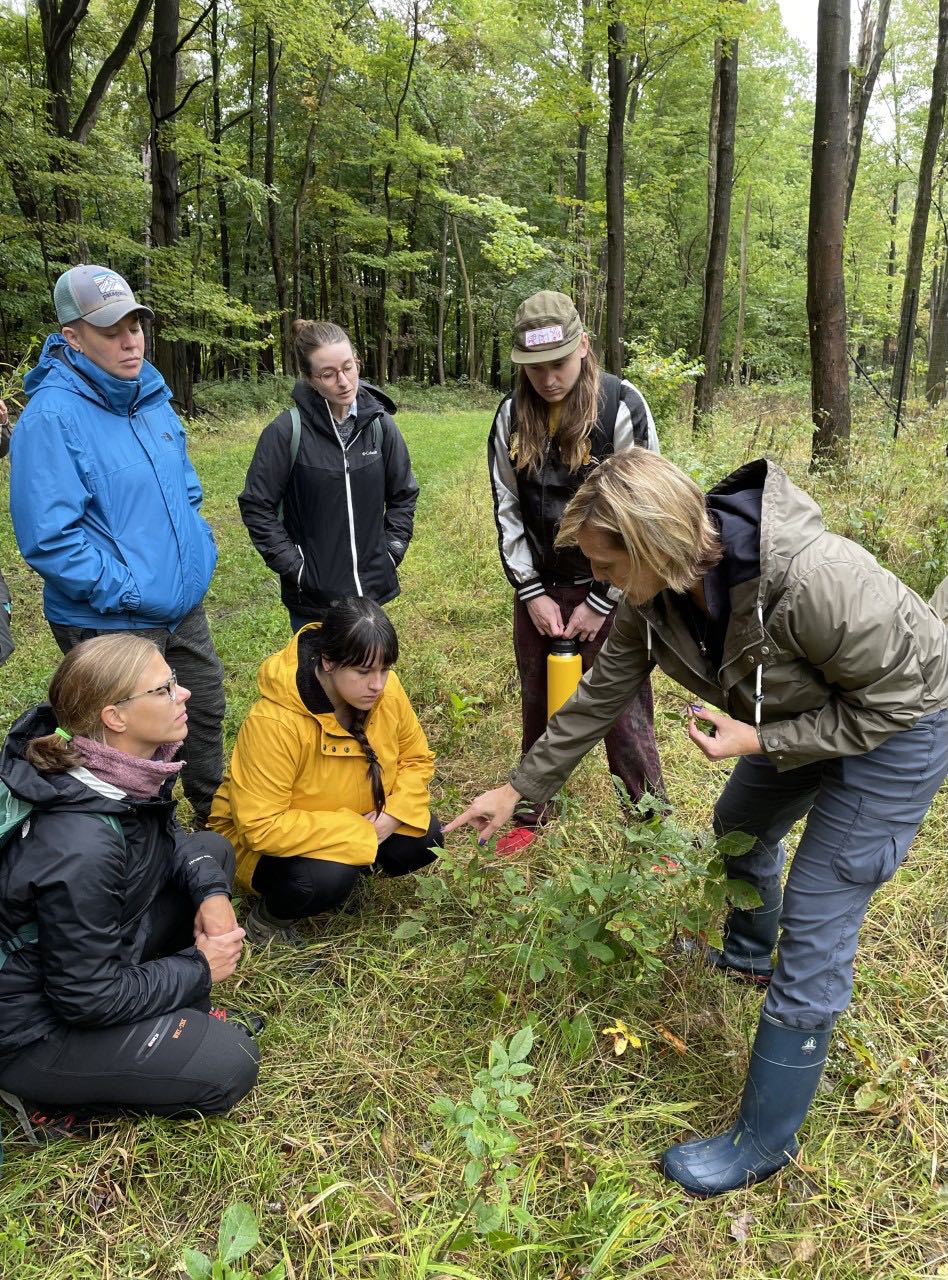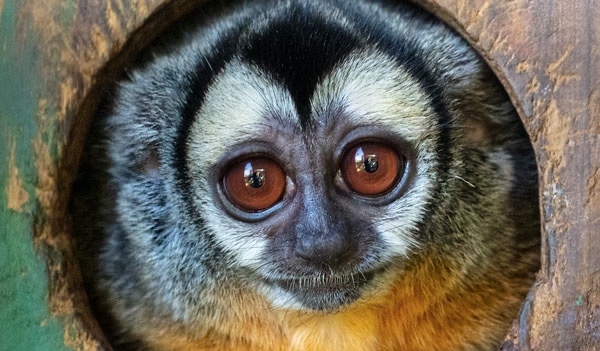
Advanced Inquiry Program
The Advanced Inquiry Program (AIP) is an accredited a master’s degree program that fosters professional leadership, participatory education, sustainability, and conservation in the U.S. AIP students combine online courses from Miami University with extraordinary learning experiences and field study at premier zoos and botanical gardens in select communities across the nation.
